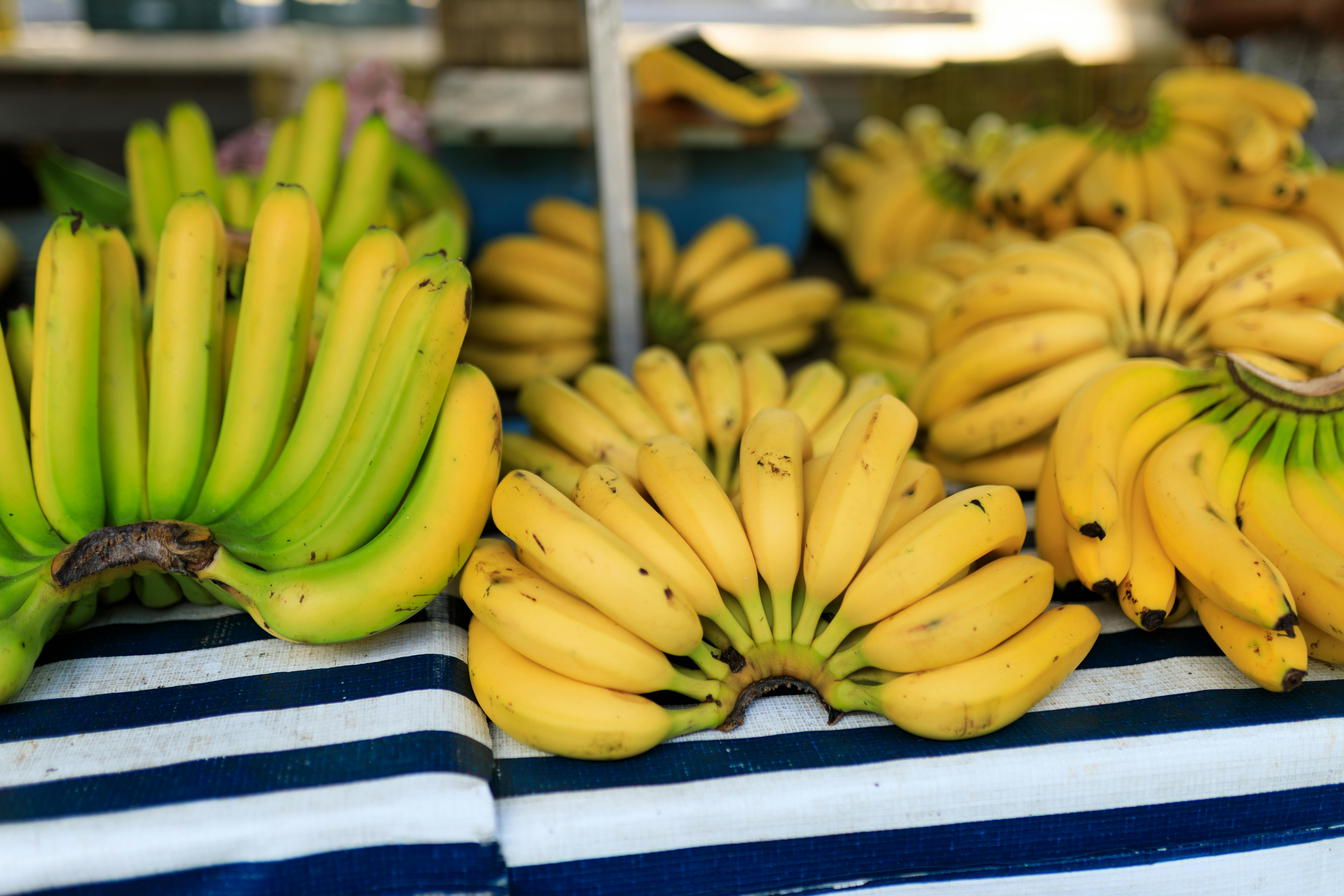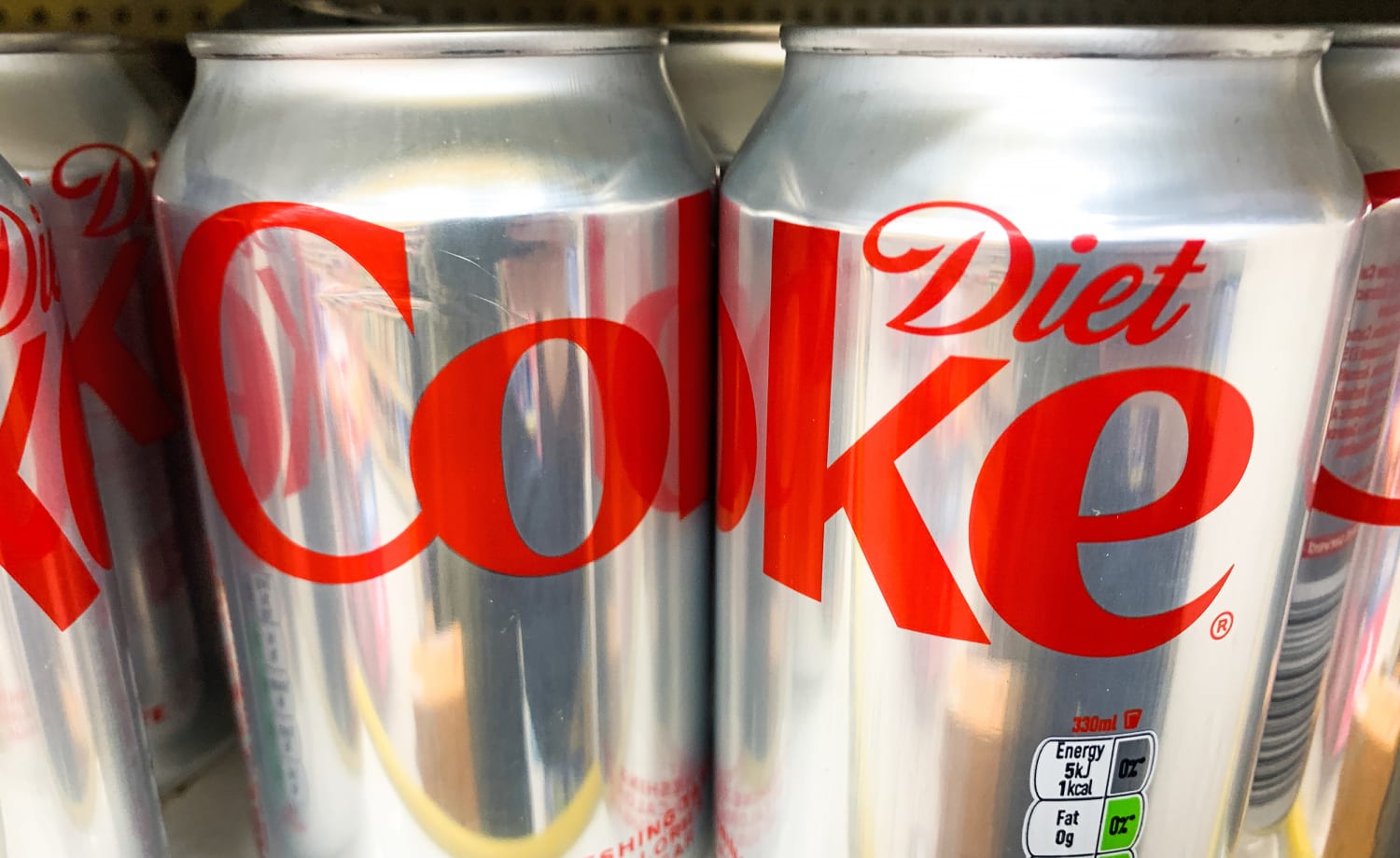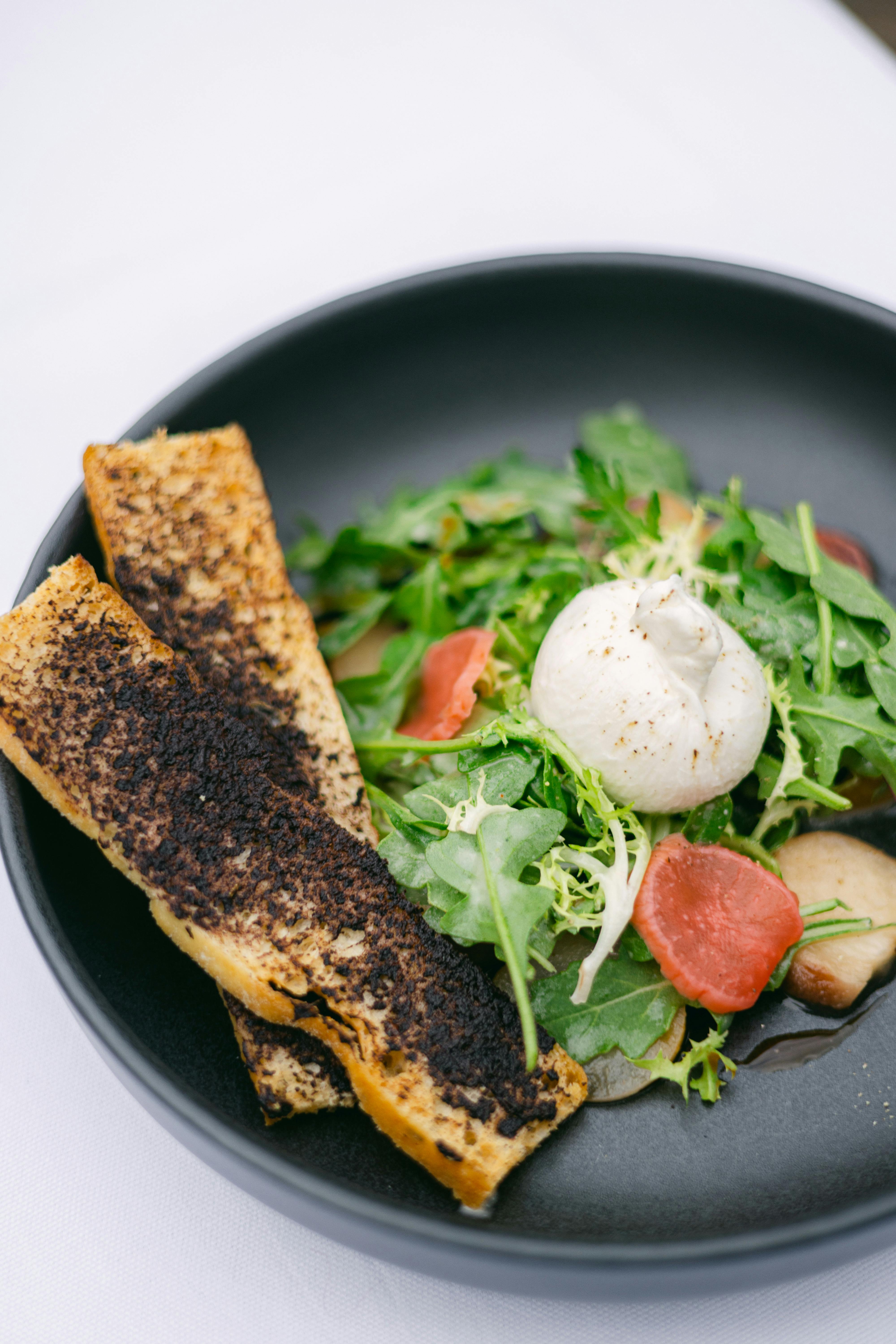Practical Guide to Post-Colonoscopy Diet for Quick Recovery
Recovering from a colonoscopy can be a critical time for your digestive health. The procedure itself can leave your stomach feeling sensitive, making it essential to pay close attention to your post-colonoscopy diet. The right foods can greatly enhance recovery, providing your body with the nutrients it needs while avoiding discomfort.
In this article, we will explore the best foods after colonoscopy, diet recommendations post colonoscopy, hydration after colonoscopy, and much more. This guide will not only give you practical meal ideas for colonoscopy recovery but will also provide insights into how to transition smoothly back to regular eating without compromising your digestive health.
Key takeaways will include understanding low-fiber options, identifying soothing foods after colonoscopy, and exploring hydration options to support your recovery. Let’s get started!
Understanding the Basics of Post-Colonoscopy Diet
Colonoscopy Diet Guidelines
The colonoscopy diet guidelines emphasize post-procedure care. Initially, your body requires gentle, easy-to-digest foods to avoid any gastrointestinal distress. Understanding what to eat after colonoscopy is crucial; soft foods like applesauce, mashed potatoes, and bananas are ideal.
It’s best to incorporate low-fiber diet after colonoscopy immediately following the procedure as your digestive system may need some time to recover fully.
Hydration After Colonoscopy
Hydration is key to a successful recovery. After the procedure, it’s important to ensure an adequate intake of fluids to replenish what may have been lost during bowel preparation. Water continues to be the best choice, but electrolyte drinks can also be beneficial for a quick recovery.
Consider herbal teas as gentle hydration options, especially those known for calming properties, such as chamomile. These can also aid in digestion and promote a soothing effect on your stomach.
Best Foods After Colonoscopy
Identifying gut-friendly foods post colonoscopy is important for healing. Foods such as white rice, plain toast, and yogurt can provide necessary nourishment without straining your digestive system.
Probiotics after colonoscopy also play a significant role. Incorporating yogurt or kefir can help restore healthy bacteria in the gut, supporting digestive health after colonoscopy.
Creating Effective Meal Plans for Recovery
Meal Ideas for Colonoscopy Recovery
Crafting meals for recovery after colonoscopy should focus on easy-to-digest, nutrient-dense options. Smoothies made with bananas, low-fat yogurt, and almond milk can be a tasty and wholesome option.
For lunch, consider soups made from low-fiber vegetables. Pureeing them can make them easier on the stomach while still providing essential vitamins.
Snacks After Colonoscopy
Choosing appropriate snacks is also essential during your healing process. Soft fruits like ripe peaches and avocados are great nutrient boosters that can be easily consumed.
Nut butter on soft bread can provide healthy fats that are easy to digest, ensuring you get sufficient calories and nutrients without overwhelming your system.
What to Avoid After Colonoscopy
While focusing on recovery, certain foods should be avoided to prevent complications. Foods that promote gas, such as beans, broccoli, and carbonated drinks, should be limited as they can cause discomfort after the procedure.
It's also wise to avoid high-fiber foods until your doctor advises otherwise, as they may lead to bloating and cramping during recovery.

Essential Nutrients and Digestive Support
Nutritional Science Post-Surgery
Nutrition after colonoscopy is crucial for recovery. Essential nutrients including proteins, vitamins, and minerals can support various bodily functions and aid in healing. Foods rich in protein, like eggs and fish, are excellent choices for muscle repair and overall recovery.
Incorporating anti-inflammatory foods after colonoscopy, such as olive oil and fatty fish, can also help reduce inflammation and promote comfort during the healing process.
Understanding Dietary Fiber
Understanding dietary fiber is pivotal during recovery. While fiber is an important part of your everyday diet, low-fiber foods are recommended immediately post-procedure to prevent irritation in the digestive tract.
Focusing on soluble fiber sources, which can be found in oatmeal and certain fruits, will be beneficial when transitioning back to a regular diet later on.
When to Resume Normal Diet After Procedure
Many patients wonder how long to follow post colonoscopy diet. Typically, doctors may suggest easing back into a normal diet within 2-3 days after your procedure, but this can depend on individual recovery experiences.
It’s crucial to monitor digestive reactions and adjust your diet accordingly, introducing regular foods as your body tolerates them.
Practical Tips for Successful Dietary Adjustments
Tips on Incorporating Probiotics
Incorporating probiotics into your diet can be a game changer post-colonoscopy. Foods such as yogurt, kimchi, and sauerkraut can boost gut health and enhance recovery.
If you opt for supplements, consult with a healthcare provider to choose the best probiotics suited to your needs.
Cooking Methods Post-Colonoscopy
Adopting gentle cooking methods, such as steaming, baking, and simmering, can help retain the nutrients in your food while making them easier to digest.
Steer clear of frying or heavy sauces that might complicate your recovery and instead focus on flavorful, healing herbs and spices.
Monitoring Digestive Reactions
Paying attention to how your body reacts to foods after colonoscopy is essential. Keeping a food diary can help you identify any foods that might cause discomfort, allowing for better meal planning.
Stay in touch with your healthcare provider for personalized advice if you encounter persistent issues or concerns during recovery.

Common Questions About Post-Colonoscopy Nutrition
What are the best drinks post-colonoscopy?
Best drinks after colonoscopy include water, herbal teas, and electrolyte-replenishing drinks. Avoid alcohol and caffeine until your digestion stabilizes.
How long should I follow a low-fiber diet?
Typically, doctors recommend a low-fiber diet for 2-3 days following the colonoscopy, depending on individual recovery progress. Always follow your doctor’s advice.
What are some easy digestion recipes post-colonoscopy?
Simple recipes include smoothies, pureed soups, and oatmeal. Focus on ingredients that are gentle on the stomach and packed with nutrients.
Can I eat fruits after colonoscopy?
Soft fruits like bananas and ripe peaches are generally fine after the procedure, but it’s best to avoid those high in fiber until cleared by your healthcare provider.
When can I resume a normal diet?
Most individuals can resume a normal diet within a few days post-procedure, gradually reintroducing regular foods as tolerated by their digestive system.
In conclusion, following the right post-colonoscopy diet is crucial for a smoother recovery. By focusing on easy-to-digest foods, staying hydrated, and listening to your body's needs, you can help ensure a comfortable recovery period.
